In the scenic city of Vernon, the landscape is evolving, and with it, the need for transformative changes in the construction industry. As urban spaces expand and architectural demands rise, the importance of deconstruction services in Vernon becomes increasingly evident. This blog post explores the significance, benefits, and nuances of deconstruction in Vernon, shedding light on how it is reshaping the city’s development.
UNDERSTANDING DECONSTRUCTION
Before delving into the local context, let’s grasp the essence of deconstruction. Unlike traditional demolition, deconstruction is a meticulous process aimed at salvaging reusable materials, minimizing waste, and reducing environmental impact. It involves disassembling structures with the intent to recycle, repurpose, or donate components, making it an eco-friendly alternative to conventional demolition.
ENVIRONMENTAL IMPACT AND SUSTAINABILITY
One of the primary reasons for the growing popularity of deconstruction services in Vernon is its positive impact on the environment. By salvaging materials such as wood, metal, and concrete, the amount of construction waste destined for landfills significantly decreases. This sustainable approach aligns with the city’s commitment to environmental responsibility, contributing to a greener and more eco-conscious future.
COMMUNITY ENGAGEMENT AND SOCIAL RESPONSIBILITY
Deconstruction in Vernon goes beyond environmental benefits; it fosters community engagement and social responsibility. Many projects involve local organizations and charities, channeling salvaged materials to support community initiatives. This not only reduces the strain on landfills but also strengthens the social fabric by creating partnerships that benefit both the construction industry and the broader community.
ECONOMIC ADVANTAGES FOR BUSINESSES
Businesses in Vernon are also recognizing the economic advantages associated with deconstruction. Salvaging and repurposing materials can result in substantial cost savings for construction projects. Additionally, the positive public image gained from adopting sustainable practices can enhance a company’s reputation and attract environmentally conscious clients, creating a win-win situation for businesses investing in deconstruction services.
REGULATORY SUPPORT AND COMPLIANCE
The regulatory landscape in Vernon increasingly supports sustainable building practices, providing further impetus for deconstruction services. Authorities recognize the importance of minimizing construction-related waste and are incentivizing or mandating environmentally friendly practices. Businesses that embrace deconstruction not only comply with regulations but also position themselves as leaders in responsible construction practices.
In conclusion, the rise of deconstruction services in Vernon marks a pivotal shift in the construction paradigm. With its environmental, social, and economic advantages, deconstruction is not just a construction method; it is a testament to the city’s commitment to a sustainable and responsible future. As Vernon continues to grow, embracing deconstruction is a step towards building a community that values its past, present, and future.





